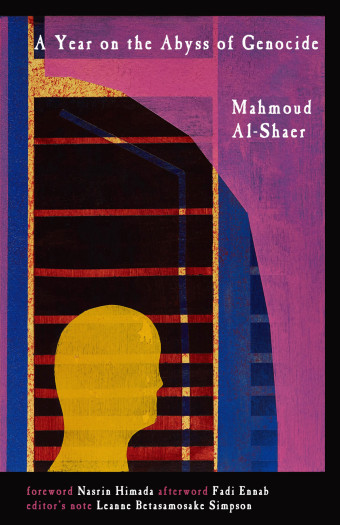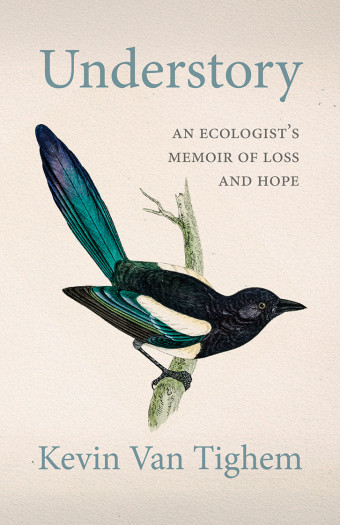Can an attitude of ambivalence help us navigate the complexities of human experience?
This is the central question addressed by James Yékú’s Ambivalent Encounters and Other Essays, a collection that explores the complicated and often fraught relationships that make up the tapestry of what it means to exist in a quickly-evolving world.

- Ambivalent Encounters and Other Essays
- James Yékú
- Griots Lounge Publishing Canada
- $22.99 Paperback, 176 pages
- ISBN: 978-17-38699-35-3
The essay form appealed to Yékú because of the freedom it lends to discussions of various subjects. “It’s great for a more nuanced exploration of subjective narratives. The core of the essays are commentaries that allow me to test some theoretical ideas.”
Among the ideas explored, Yékú questions the role of established voices in the digital age. “Social media is rooted functionally in ambivalence,” he says. “Platform culture can both amplify radical voices and depoliticize them. Social media can either yield to a sea of noise and thoughtlessness of a culture in search of itself, or to a storm of change that sweeps transformative action into possibilities.
“My understanding of social media in the book emphasizes the necessity of modulating extremes and cultivating a critical ambivalence around technologies.”
The essays range in style from satirical to quite personal. In his essay “Knowing Books: My Grandfather and a Mediterranean Journey,” death and loss are examined through a deeply personal recounting of the disappearance of his uncle during passage through Libya two decades ago.
Yékú notes the duality of trying to achieve closure while holding onto hope: “I so much wanted to mourn his inscrutable loss, to activate some generational closure as it were. But it became rather obvious the process of writing [the essay] also nurtured some hope he might still be alive somewhere, perhaps reading an essay about his disappearance and wrestling with questions of self-disclosure.”
Yékú was surprised to rediscover the power of storytelling, saying, “I came to value again the power of narrative to elicit catharsis.”

He hopes his audience will also appreciate that power and narrative’s ability to generate a sense of acceptance of the messiness of the world. “I would be gratified if Ambivalent Encounters inspires readers to embrace the incompleteness and uncertainties of our human reality.” Furthermore, he believes, “The capacity to defend and critique certain ideas and practices at the same time could inspire more just and human relationships.”
Yékú, whose work and research in the digital expressions of culture and literature in Africa and the African diaspora has led him to teaching at universities in Nigeria, Saskatchewan, and currently at the University of Kansas, credits the role of the Prairies in the development of the ideas expressed in Ambivalent Encounters.
“Memories of Saskatchewan where I lived for a long time remain with me in my travels abroad and current work in the U.S.,” he says. “Despite being away, I still call Saskatoon home and remain grateful for that privilege, although there is hardly any romanticization of this relationship in the essays.
“I am always grateful that my frames of reference go back to the solid friendships and excellent academic exchanges I continue to have in Canada.”













